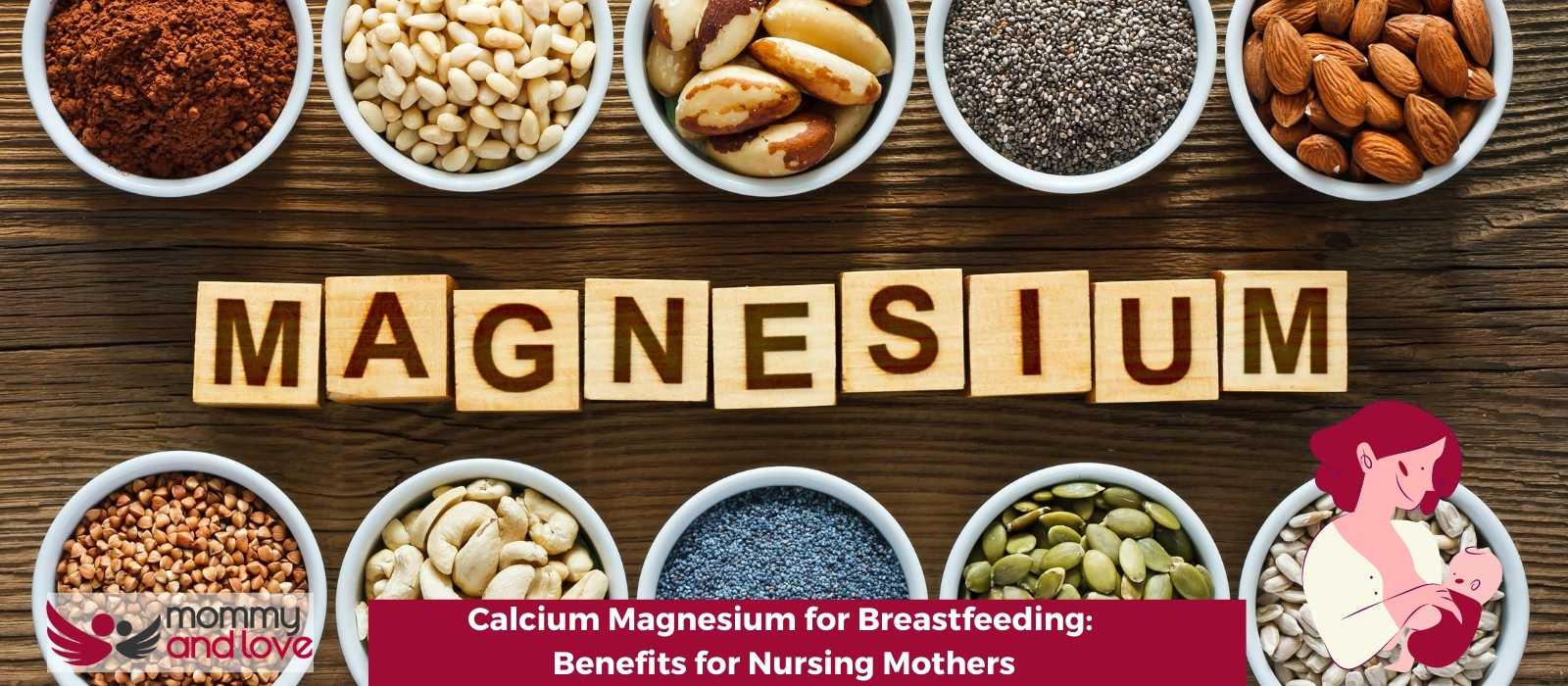If you are a nursing mother, you may be wondering if calcium magnesium supplements are right for you. This is a great question!
The main benefit of taking a calcium/magnesium supplement during lactation is to combat the drop in blood calcium levels that occurs around the time of ovulation which can then can lower breast milk supply.
Affiliate Disclaimer: As an Affiliate, we earn from qualifying purchases.
Is Calcium Magnesium Safe During Lactation?
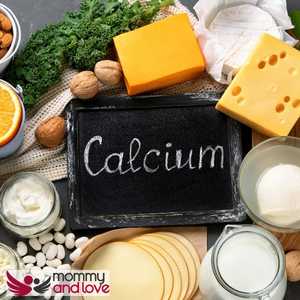
There is no definitive answer to this question as it depends on many factors.
The information presented by some experts says that it is fine to take calcium-magnesium supplements during lactation, as long as the mom is not taking too many other calcium-rich foods or supplements.
Others caution that taking high levels of calcium could lead to problems with milk production or decreased absorption of other essential nutrients.
Ultimately, it is best to speak with a healthcare professional before taking any supplements during lactation, especially during the first six months of your baby’s life.
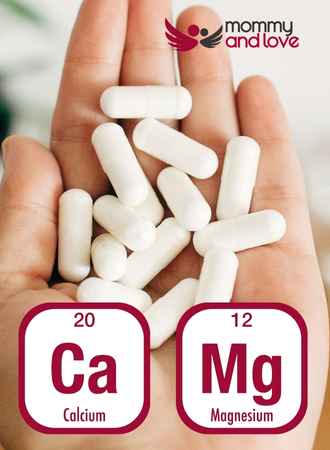
If you are considering taking calcium-magnesium pills during lactation, be sure to read the label carefully and talk to your doctor to make sure they are right for you and if one capsule a day is enough.
As always, follow the recommended dosage on the supplement bottle.
It is also important to make sure that you are getting enough calcium in your diet during lactation by eating calcium-rich foods such as leafy green vegetables, dairy products, and nuts.
Breastfeeding women should aim to meet their nutritional needs primarily through healthy food choices, although supplements may be necessary in some cases.
By following these tips, breastfeeding women can help ensure that both they and their breastfed infants stay healthy and happy.
Do Calcium and Magnesium Help With Breast Milk Supply?
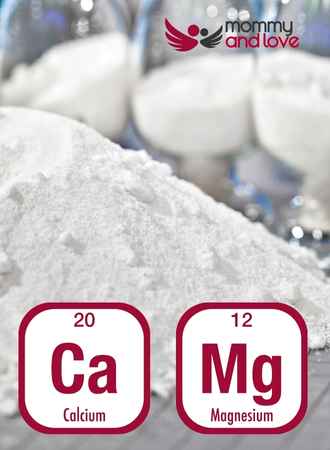
While calcium and magnesium are essential nutrients for both the mother’s and baby’s health, there is no scientific evidence to suggest that taking supplements will increase milk supply.
However, it should be noted that cal/mag can help you prevent a sudden drop in your calcium levels during the monthly menstrual cycle.
When some women experience a drop in calcium levels, it often leads to a low milk supply for their breastfed infants.
Post-pregnancy, most breastfeeding moms take the supplement at the beginning of the ovulation until the third day of their periods when they breastfeed.
Furthermore, there is anecdotal evidence from breastfeeding mothers saying they experienced an increase in breast milk supply after taking calcium/magnesium supplements when they breastfeed.
Can I Take Calcium and Magnesium Daily Together?
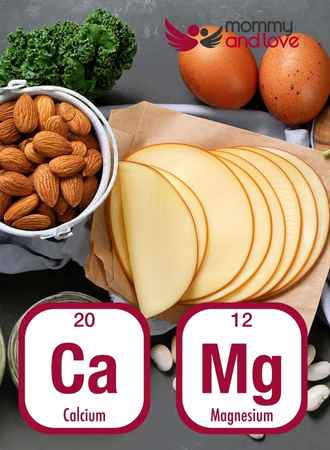
The good news is you can take calcium and magnesium together at the same time. In fact, many people find that taking these two together is more effective than taking them separately.
Calcium and magnesium work together to support bone mass and maintain healthy blood pressure levels. When taken together, they can also help to reduce stress and promote relaxation.
Breastfeeding mothers need calcium to rebuild the bone density they lost during pregnancy.
During pregnancy, pre-eclampsia is associated with changes in calcium and magnesium metabolism.
What Is the Best Ratio of Calcium to Magnesium While Breastfeeding?
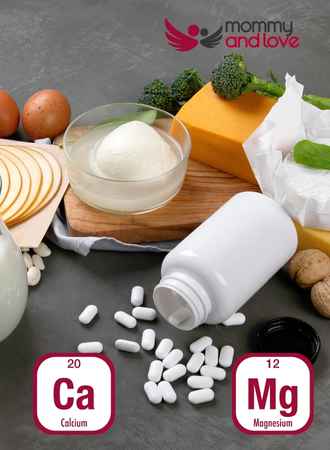
A good starting point is a ratio of two parts calcium to one part magnesium.
For example, you can take 500 mg calcium with 250 mg magnesium or 1500 mg calcium with 750 mg magnesium.
The dose can be adjusted based on your own needs and those of your baby. Speak with your healthcare provider to determine what is best for you.
If you are looking for a calcium supplement to take while breastfeeding, look for one that also contains magnesium.
This will help you meet your health needs for both minerals. Be sure to read the labels carefully and follow the directions on how much to take.
Calcium is important for both mom and baby during lactation. It helps build strong bones and teeth and also aids in muscle contraction and nerve function.
Magnesium helps with calcium absorption and also has many other benefits for both mom and baby, such as helping to prevent colic.
What Happens When You Take Calcium and Magnesium Together?

When you take calcium and magnesium together, they work synergistically to support each other’s absorption and utilization in the body.
Calcium is necessary for the proper functioning of many systems in the body, including muscle contraction, blood clotting, and nerve transmission.
Magnesium is involved in over 300 biochemical reactions in the body, including energy production, DNA synthesis, and muscle relaxation.
Together, these two minerals are essential for the proper functioning of many systems in the body.
When you take calcium and magnesium together, they can help to:
- Support each other’s absorption and utilization in the body
- Maintain healthy bones and teeth
- Support cardiovascular health
- Helps with brain development
- Promote healthy muscle function
- Support nervous system health
- Maintain healthy blood pressure levels
What Foods Are Good Sources of Both Calcium and Magnesium?

Now that we know a little bit more about what happens when you take calcium and magnesium together.
Let’s take a look at how you can increase your calcium and magnesium intake through excellent food sources.
- Feeding on dairy products such as milk, cheese, and yogurt are good sources of calcium.
- Feeding on dark leafy greens such as spinach and kale are good sources of magnesium.
- Other good sources of magnesium and vitamins include nuts and seeds, legumes, and whole grains.
If you’re looking to get more calcium and magnesium in your diet, try feeding some of these foods into your meals and snacks.
You can also find supplements that contain both of these minerals if you’re not able to get enough from eating foods alone.

Calcium and magnesium are important for pregnant women too.
Calcium helps to form the bones and teeth of the baby, while magnesium is involved in many biochemical processes in the body, including muscle contraction and nerve function.
Most pregnant women need about 1000 mg of calcium per day while the recommended daily amount of magnesium for pregnant moms is 310-360 mg.
Always remember taking supplements is not a substitute for proper nutrition and eating healthy foods.
Read our Best Foods To Eat After Giving Birth for the best advice on eating after giving birth.
Can You Have Too Much Calcium and Magnesium?
No, you cannot have too much calcium or magnesium. However, taking them in a large dose can cause symptoms such as gastrointestinal upset, such as diarrhea.
Therefore, it is best to take these minerals in moderate amounts.
If you are taking a supplement that contains both calcium and magnesium, be sure to follow the instructions on the label.
What Is the Difference Between Magnesium Citrate and Magnesium Oxide?
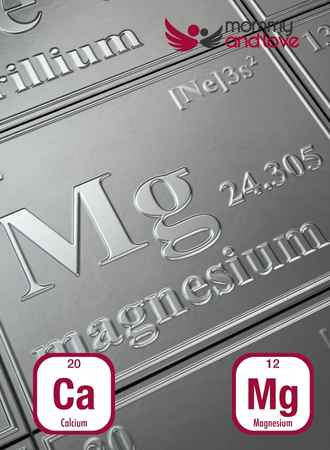
Magnesium citrate is a magnesium salt of citric acid. It is commonly used as a laxative and has the added benefit of being easily absorbed by the body.
Magnesium oxide, on the other hand, is a less bioavailable form of magnesium. This means that it is not as easily absorbed by the body and may not be as effective in treating constipation.
However, magnesium oxide is often used as a dietary supplement because it is cheaper than magnesium citrate.
Does Menstruation Affect Milk Supply?

Every mother and her body is different, so it’s important to pay attention to your own body and how it responds to changes in hormone levels during menstruation.
Some mothers find that their milk supply for their infants decreases during their period, while others don’t notice any change.
In general, it’s important to drink plenty of fluids, eat a healthy diet, and get enough rest when you’re breastfeeding to have a steady supply of breastmilk.
If you find your milk supply is dropping, you can boost it with some lactation cookies, some lactation stews or some lovely lactation teas!
- Supports your breastfeeding, natural lactation, and breast milk supply, taste, and flow.
- 100% organic herbs, including Fennel, Anise, Marshmallow Root, Fenugreek, and Milk Thistle, to support lactation for nursing mothers.
- Caffeine-free.
- 100% organic
These things will help your body maintain a good breastmilk supply, regardless of whether you’re menstruating or not. We’ve done a guide to periods and breastfeeding here.
Is Vitamin D Important During Lactation?

Yes, vitamin D is important for both the nursing mother and the nursing baby during lactation.
Vitamin D helps the body absorb calcium, which is essential for bone health and immune function.
It also helps to prevent the risk of developing rickets, a disease that can cause softening and deformities of the bones in nursing babies and young children.
Additionally, vitamin D can help lower the risk of developing osteoporosis and fractures in later life.
Breastfeeding mothers should take a supplement of 400 IU (international units) of vitamin D daily, and babies should receive 400 IU of vitamin D daily as well.
Pregnant women are even advised to take Vitamin D during pregnancy.
Conclusion on Benefits of Calcium Magnesium for Lactating Women
While meeting your nutritional needs primarily through healthy food choices is always ideal, sometimes supplementing is necessary to ensure both you and your baby get the nutrients you need.
For breastfeeding women, calcium and magnesium pills can be important additions to a healthy diet, especially during post-pregnancy.

This article was written by Sandra Baker – full time writer and the mother of four amazing kids (including twins!)
She’s also a breastfeeding counselor and has spent years helping new parents learn how to care for their children. When she’s not writing or caring for her children, Sandra likes to spend time reading and taking walks with her husband.

